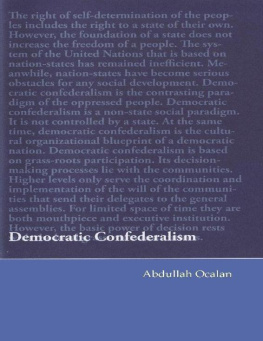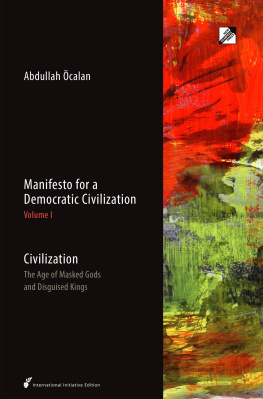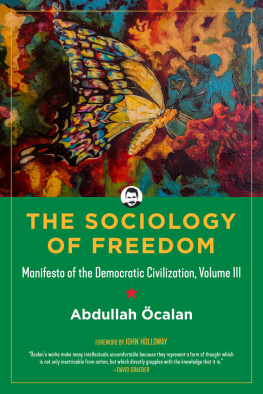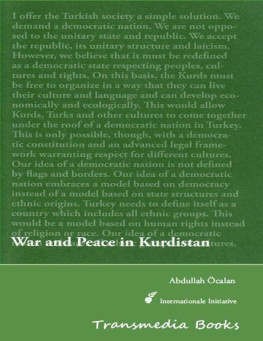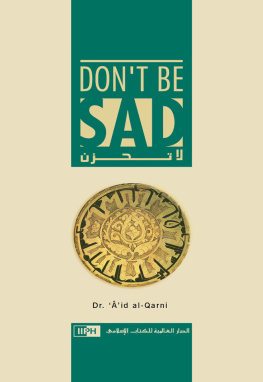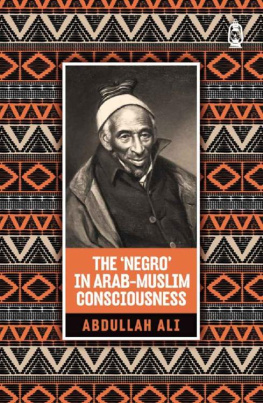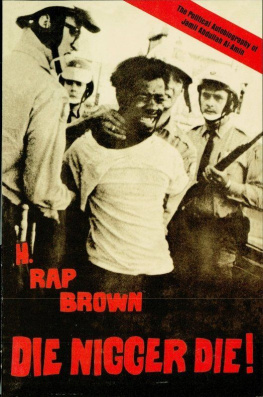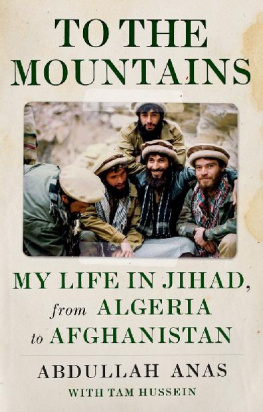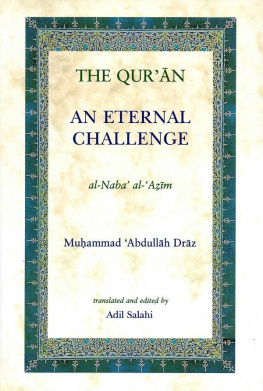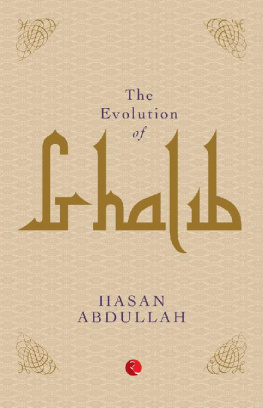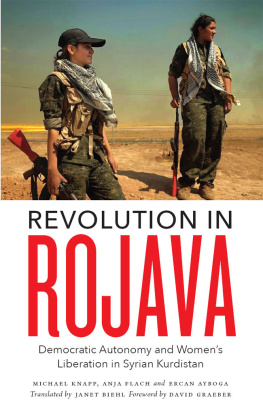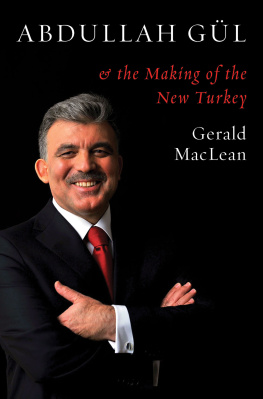Abdullah Ocalan - Democratic Confederalism
Here you can read online Abdullah Ocalan - Democratic Confederalism full text of the book (entire story) in english for free. Download pdf and epub, get meaning, cover and reviews about this ebook. year: 2015, publisher: Transmedia Publishing, genre: Politics. Description of the work, (preface) as well as reviews are available. Best literature library LitArk.com created for fans of good reading and offers a wide selection of genres:
Romance novel
Science fiction
Adventure
Detective
Science
History
Home and family
Prose
Art
Politics
Computer
Non-fiction
Religion
Business
Children
Humor
Choose a favorite category and find really read worthwhile books. Enjoy immersion in the world of imagination, feel the emotions of the characters or learn something new for yourself, make an fascinating discovery.
- Book:Democratic Confederalism
- Author:
- Publisher:Transmedia Publishing
- Genre:
- Year:2015
- Rating:4 / 5
- Favourites:Add to favourites
- Your mark:
- 80
- 1
- 2
- 3
- 4
- 5
Democratic Confederalism: summary, description and annotation
We offer to read an annotation, description, summary or preface (depends on what the author of the book "Democratic Confederalism" wrote himself). If you haven't found the necessary information about the book — write in the comments, we will try to find it.
Democratic Confederalism — read online for free the complete book (whole text) full work
Below is the text of the book, divided by pages. System saving the place of the last page read, allows you to conveniently read the book "Democratic Confederalism" online for free, without having to search again every time where you left off. Put a bookmark, and you can go to the page where you finished reading at any time.
Font size:
Interval:
Bookmark:

Abdullah Ocalan
Democratic Confederalism
Abdullah Ocalan
Democratic Confederalism
ISBN 978-3942961172
This edition copyright Transmedia Publishing 2015
Text of the second print edition
For more than thirty years the Kurdistan Workers Party (PKK) has been struggling for the legitimate rights of the Kurdish people. Their struggle, their fight for liberation has turned the Kurdish question into an international issue, which affects the entire Middle East and has brought a solution of the Kurdish question within reach.
When the PKK was formed in the 1970s the international ideological and political climate was characterized by the bipolar world of the Cold War and the conflict between the socialist and the capitalist camps. The PKK was inspired at that time by the rise of decolonization movements all over the world. In this context they tried to find their own way in agreement with the particular situation in their homeland. The PKK never regarded the Kurdish question as a mere problem of ethnicity or nationhood. Rather, they believed, it was the project of liberating the society and democratizing it. These aims increasingly determined their actions since the 1990s.
They also recognized a causal link between the Kurdish question and the global domination of the modern capitalist system. Without questioning and challenging this link a solution would not be possible. Otherwise they would only become involved in new dependencies.
So far, with a view to issues of ethnicity and nationhood like the Kurdish question, which have their roots deep in history and at the foundations of society, there seemed to be only one viable solution: the creation of a nation-state, which was the paradigm of the capitalist modernity at that time.
They did not believe, however, that any ready-made political blueprints would be able to sustainably improve the situation of the people in the Middle East. Had it not been nationalism and nation-states which had created so many problems in the Middle East?
Let us therefore take a closer look at the historical background of this paradigm and see whether we can map out a solution that avoids the pitfalls of nationalism and is more suitable to the situation of the Middle East.
When people became sedentary they began to form an idea of the environment they were living in, its extension and its boundaries, which were mostly determined by nature and features of the landscape. Clans and tribes that had settled in a certain area and lived there for a long period of time developed an idea of a common identity and a homeland. The boundaries between what the tribes saw as their homelands were not yet borders. Commerce, culture or languages were not restricted by these boundaries. Territorial borders remained flexible for a long time. Feudal structures prevailed almost everywhere, and now and then dynastic monarchies or great multi-ethnic empires with many different languages and religious communities rose within borders continuously changing such as the Roman Empire, the Austro-Hungarian Empire, the Ottoman Empire or the British Empire. They survived for long periods of time and through many political changes because their feudal basis enabled them to distribute their power-structures flexibly across a wide range of s maller secondary power centers.
NATION-STATE AND POWER
When the nation-state appeared trade, commerce and finance pushed for political participation and subsequently added their power to the traditional state-structures. The development of the nation-state at the beginning of the Industrial Revolution more than two hundred years ago went hand in hand with the unregulated accumulation of capital and the unhindered exploitation of the fast growing population on the other hand. The new bourgeoisie, which rose from this revolution, wanted to take part in the political decisions and structures of the state. Thus, capitalism, the new economic system, became an inherent component of the new nation-state.
This nation-state needed the bourgeoisie and the power of the capital to replace the old feudal order and its ideology, which rested on tribal structures and inherited rights, by a new national ideology that united all tribes and clans under the roof of the nation.
In this way, capitalism and nation-state became so close that neither could be imagined to exist without the other.
As a consequence of this, exploitation was not only sanctioned by the state but even encouraged and facilitated.
THE STATE AND ITS RELIGIOUS ROOTS
The religious roots of the state have already been discussed in detail (A. Ocalan, The Roots of Civilisation , London, 2007). Many contemporary political concepts and notions have their origin in religious or theological concepts or structures. In fact, a closer look reveals that religion and divine imagination brought about the first social identities in history. They formed the ideological glue of many tribes and other pre-state communities and defined their existence as communities.
Later, after state structures had already developed, the traditional links between state, power and society began to weaken. The sacred and divine ideas and practices which had been present at the origin of the community increasingly lost their meaning for the common identity and were, instead, transferred onto power structures such as monarchs or dictators. The state and its power were derived from divine will and law, and its ruler became king by the grace of God. The kings represented divine power on earth.
Today, most modern states call themselves secular. They claim that the old bonds between religion and state have been severed and that religion is no longer a part of the state.
This is, arguably, only half the truth. Even if religious institutions or representatives of the clergy do no longer participate in political and social decision-making they still exert influence on these decisions just as they are influenced themselves by political or social ideas and developments. Therefore, secularism, or laicism as it is called in Turkey, still contains religious elements. The separation of state and religion is the result of a political decision. It did not come naturally. This is why even today power and state seem to be something given, god-given we might even say. Notions like secular state or secular power remain ambiguous.
The nation-state has also allocated a number of attributes that serve to replace older religiously rooted attributes such as nation, fatherland, national flag, national anthem and many others. Particularly notions like the unity of state and nation serve to transcend the material political structures. They are, as such, reminiscent of the pre-state unity with God. They have been put in the place of the divine.
When in former times a tribe subjugated another tribe its members had to worship the gods of the victors. We may arguably call this process a process of colonization, even assimilation. The nation-state is a centralized state with quasi-divine attributes that has completely disarmed the society an d monopolizes the use of force.
BUREAUCRACY AND THE NATION-STATE
Since the nation-state transcends its material basis, i.e. the citizens, it assumes an existence beyond its political institutions. It needs additional institutions of its own to protect its ideological basis as well as its legal, economic and religious structures. The resulting ever-expanding civil and military bureaucracy is expensive and serves only the preservation of the transcendent state itself, which in turn elevates the bureaucracy above the people.
Font size:
Interval:
Bookmark:
Similar books «Democratic Confederalism»
Look at similar books to Democratic Confederalism. We have selected literature similar in name and meaning in the hope of providing readers with more options to find new, interesting, not yet read works.
Discussion, reviews of the book Democratic Confederalism and just readers' own opinions. Leave your comments, write what you think about the work, its meaning or the main characters. Specify what exactly you liked and what you didn't like, and why you think so.

